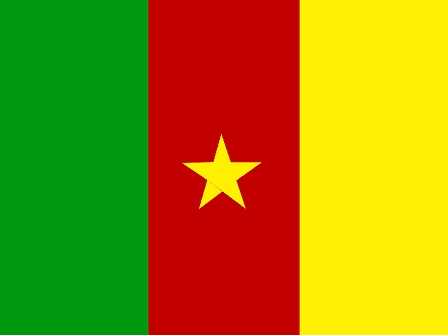 Cameroon’s government sponsored solar water project is supplying six villages in the north of the country with potable water as well as water for irrigation purposes, and making a huge difference to inhabitants of the area.
Cameroon’s government sponsored solar water project is supplying six villages in the north of the country with potable water as well as water for irrigation purposes, and making a huge difference to inhabitants of the area.
Hailed as a huge success after just one year, the project is also helping inhabitants of the area to lift themselves out of poverty by using the water to start small businesses.
How Access to Water Benefitted Business in Cameroon
The Centre for Environment and Rural Transformation (Cerut), a Cameroonian NGO, gave small grants of approximately €1,000, with support from the Cameroon government, to around 200 women to invest in businesses such as agriculture, cattle-rearing, and soft drinks processing.
The new water supply is a huge help to women who traditionally had to walk many miles to fetch water, and in excess of 60% of the women who received grants are currently involved in some type of business.
The brewing of Bil-Bil beer, a popular drink in the Sahel region is one business that has proven to be very successful because thanks to the water, farmers are able to grow more millet used to make the beer. The demand for Bil-Bil has grown, especially in neighbouring northern Nigeria where there is a scarcity as a result of insecurity from Boko Haram attacks.
One millet farmer, Bouba, says that the steady supply of potable water has meant that the customers now have faith in the quality of the water, which has increased demand, and her production has gone up from 20 tonnes to in excess of 80 tonnes in less than one year.
According to Parfait Ndeme from the Ministry of Mines, Water Resources and Energy, The government and many development partners have provided more than 1,000 boreholes to date. The cost of providing potable water in the Sahel region might be three times more costly than in the rest of Africa. Distance is one major factor that influences cost and the arid climate in the region makes it difficult to have underground water all year round.
Cameroon’s Minister of Agriculture, Essimi Menye, says that the government realises that providing communities with access to potable water will minimise water-related diseases and help in the development of the region and improvement in livelihood. The government aims to construct more solar-powered water distribution projects that will allow farmers to improve on both the quality and quantity of their production, thereby aiding the fight against poverty and hunger in the area.
Get a watercooler from Living-Water in London. Rent watercoolers in London.





